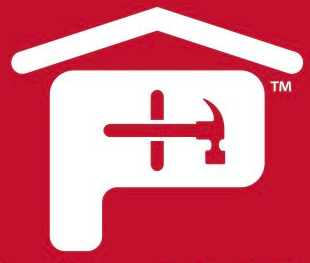It is pretty much a given in this day and age that asphalt shingles are covered by a warranty. Products being sold without a warranty are an instant red flag to homeowners. But when it comes to comparing roofing shingle options, the warranty question shouldn’t be a simple yes or no answer. The warranty should be reviewed in the same detail as the product’s features and benefits. Coverage may appear the same at first glance, but the details can show the differences.
What’s in a Roofing Warranty?
Without going into the actual legalese, asphalt shingle warranty coverage is usually broken out into three main areas, manufacturing defects, wind speed coverage and algae resistance. Manufacturing defects is the coverage most people are familiar with. It basically states that the products being purchased are free of any manufacturing defects and as such, the shingle manufacturer will repair or replace them if there are defects. Wind speed coverage is pretty self-explanatory. It is the maximum wind gusts the shingles can resist without damage. Algae resistance refers to the shingles ability to withstand algae growth over the time period indicated in the warranty.
Coverage of a Lifetime
How long a product is covered is one of the first areas homeowners look at. It is something manufacturers will call out directly, especially if it is lifetime coverage. What are often missed under the “lifetime” umbrella are the words “limited” and “prorated”. These are not bad words, but they are things that can set one warranty apart from another. For example, two warranties can both offer lifetime, limited coverage. However, one warranty may offer a premium, non-prorated period of 10 years while the other warranty is prorated from day one. If both shingles have a valid manufacturing defect claim, one shingle would be covered at full replacement costs, the other one at a reduced rated depending on the prorated schedule.
Shingle Coverage for the Next Owner
Here is something many homeowners don't even think about when reviewing a warranty. Can the warranty and subsequent coverage be transferred if the house is sold? This is especially important if they are doing upgrades to the home with the intent of selling it in the near future. There is usually a well-defined process on the requirements to correctly transfer the warranty but being able to transfer the remaining coverage of the roof to the new buyer can be a key selling point.
What Is Not Covered
This is where the word “limited” comes into play. No roofing product is indestructible which makes this section as important as what is covered but is often overlooked. Homeowners can submit a claim only to be dismayed to discover it is a claim for something not covered in the warranty.
The warranty is a key feature that should be thoroughly reviewed when making product decisions for asphalt shingles. Comparing what is covered, for how long and what is not covered can be the deciding factor on which product to ultimately select. Understanding this before making the original purchase can save headaches and stress in the future.
Visit Atlas Roofing for more information regarding their full line of warranties.



 Gear!
Gear! PRO LOGIN
PRO LOGIN